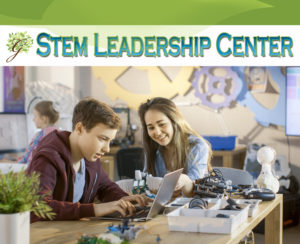Innovation is an essential skill for the 21st century. Can it be taught?
Absolutely! Skills are taught through modeling (that is surrounding the student with effective models and examples), by opportunities to practice the skill (project based learning), and by feedback that helps them internalize the changes they need to make to improve their practice of the skill. Skills are never fully mastered. Rather, a student discovers more and more nuanced ways to get better.
How can we help our children and teens develop innovation? I propose three strategies: surround them with models (yourself and stories of others), help them embrace opportunities for project based learning, and provide a mini innovation lab at home where they can ask for and receive feedback on the skill of innovation.
Stories of innovators abound in recent books and publications. I am currently reading In the Plex by Steven Levy, the story of Google’s startup, growth, and growing influence on our lives. Wow! In addition to stories, have you thought about how you are already a model of innovation? More and more parents are striking out onto the path of entrepreneurship. I’m amazed at how many are already engaged in writing a blog, starting a company, filing for an LLC. Even in many corporate or public service environments, innovation is being embraced and encouraged.
Free Resource: The Small Business Development Center at Duquesne University offers consulting and training for small businesses and those who are thinking of starting a business in southwestern Pennsylvania. The area also hosts some extraordinary innovation incubators that connect people, ideas and resources. Surf the sites of Innovation Works, and Pittsburgh Life Sciences Greenhouse,. Explore, in the BeaverCounty area, Community College of Beaver County, Pittsburgh Airport Area Chamber Enterprise Foundation and the Ambridge Area Chamber of Commerce offerings of free or inexpensive yet extremely valuable resources to people attempting to drive innovation in the area.
Involve your children and teens in Inquiry-based learning projects and Project Based Learning! These are considered the most effective means of helping your child develop the 21st century skill of innovation. If there are no opportunities in your community that tap into the passions and gifts of your child, consider proposing to coach one in your community or coming to the free Sept. 13 evening on FIRST Lego Robotics Competitions at Community College of Beaver County.
Finally, consider creating a mini innovation lab at home. Grow a Generation is thrilled to announce a new resource: Innovation Checklist. A short 20 page resources that gives you stories and questions to provide a feedback loop of inspiration and critique as your child or teen works with portfolios, projects, and leadership roles. Order before Sunday and get a 40% discount.



